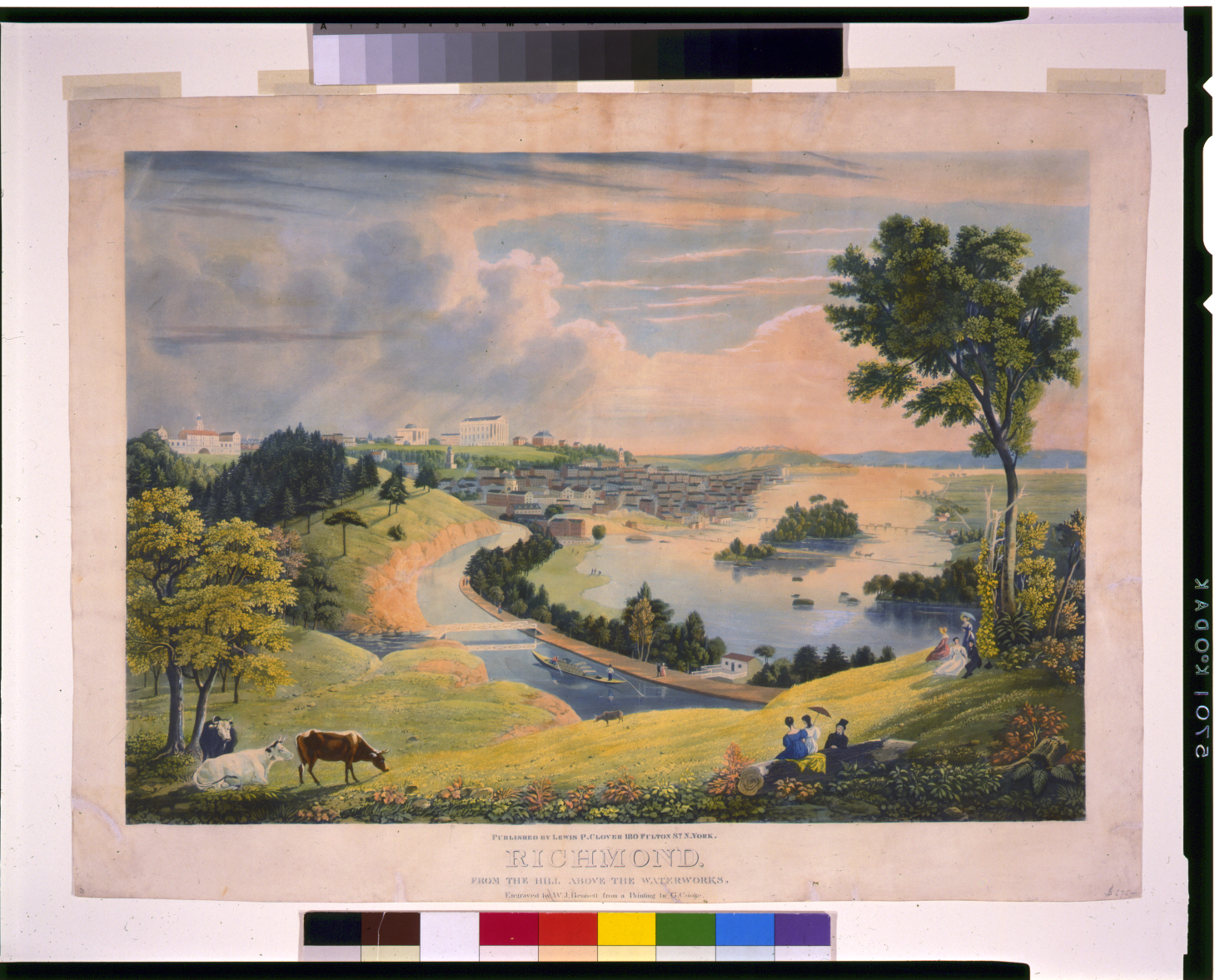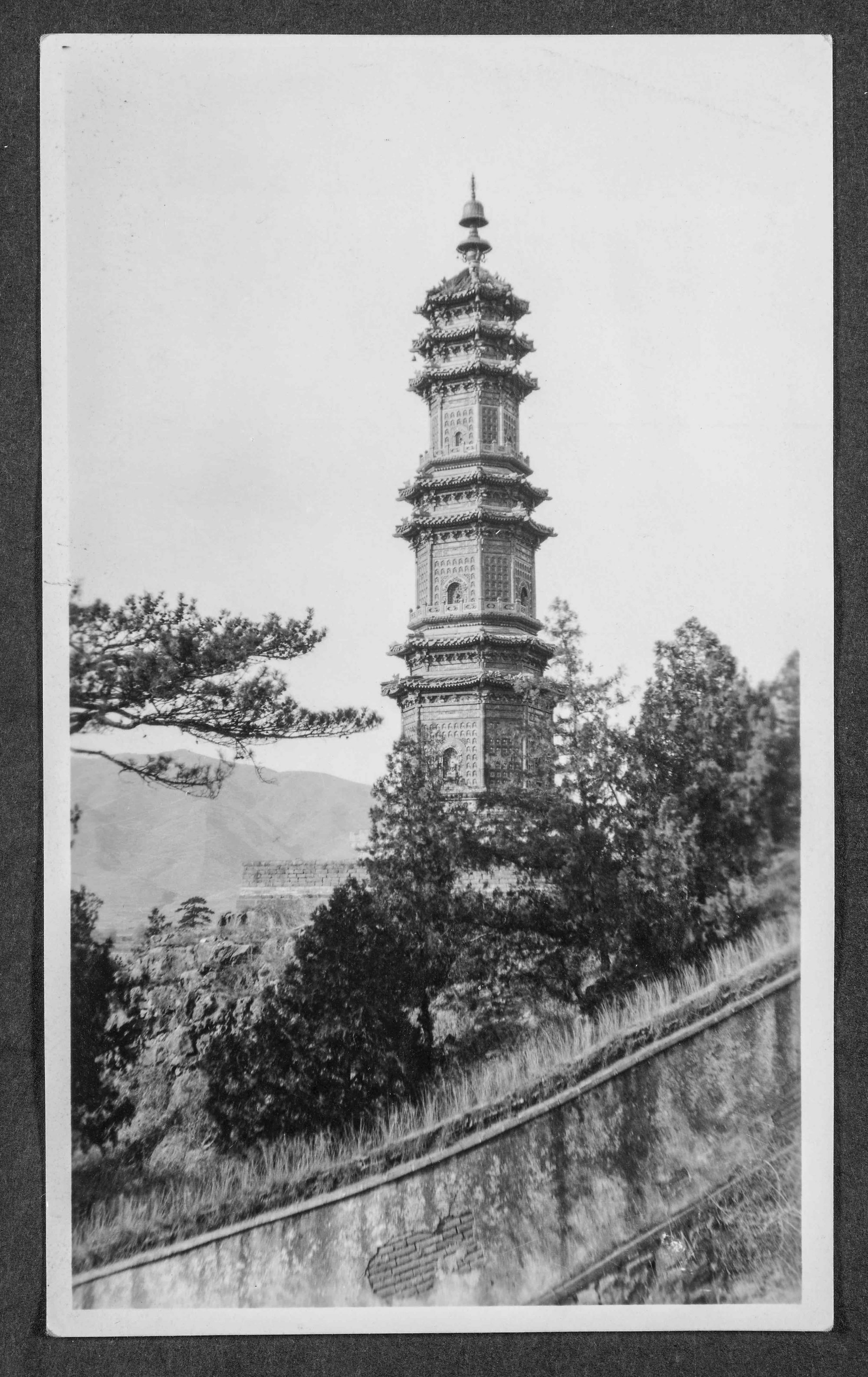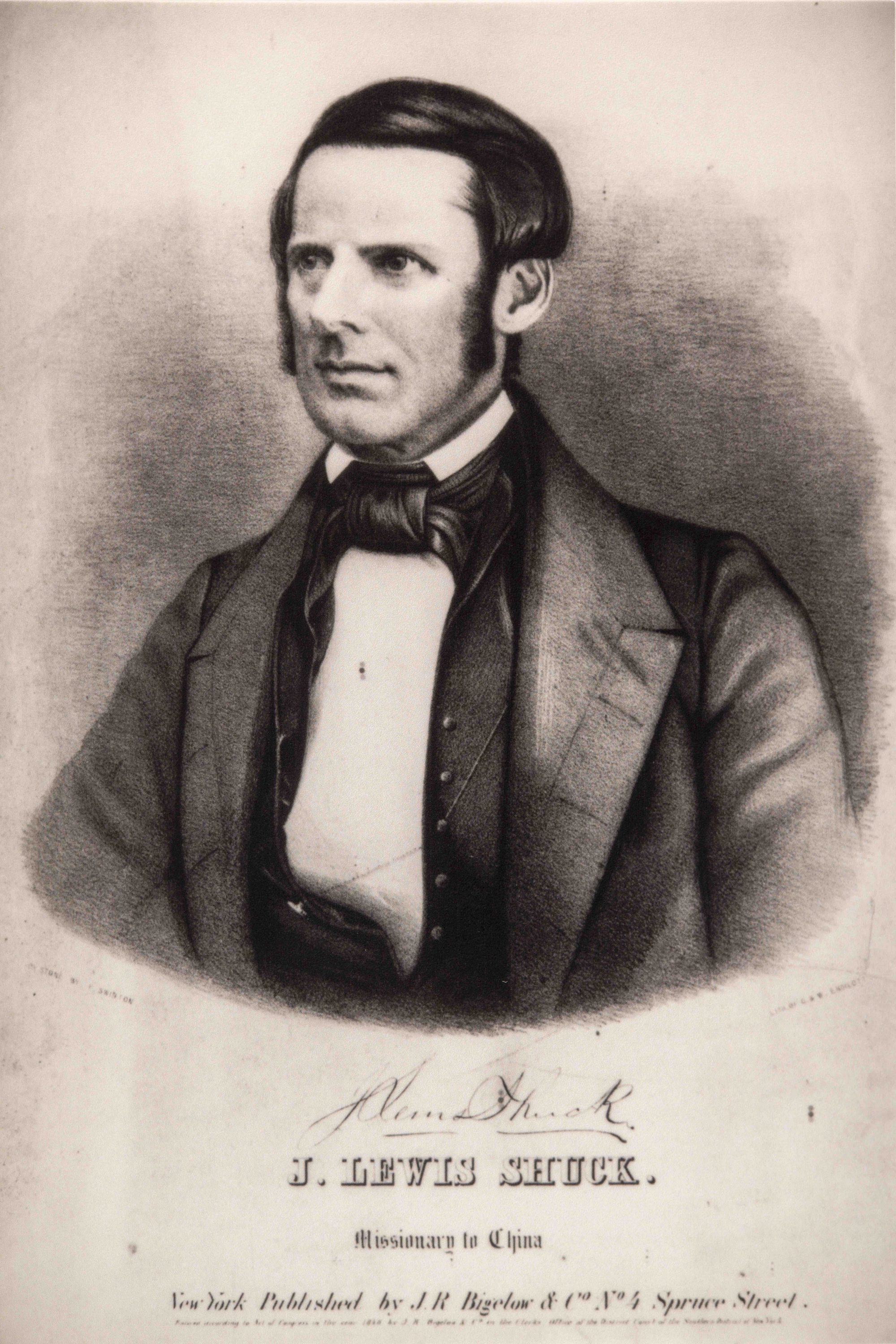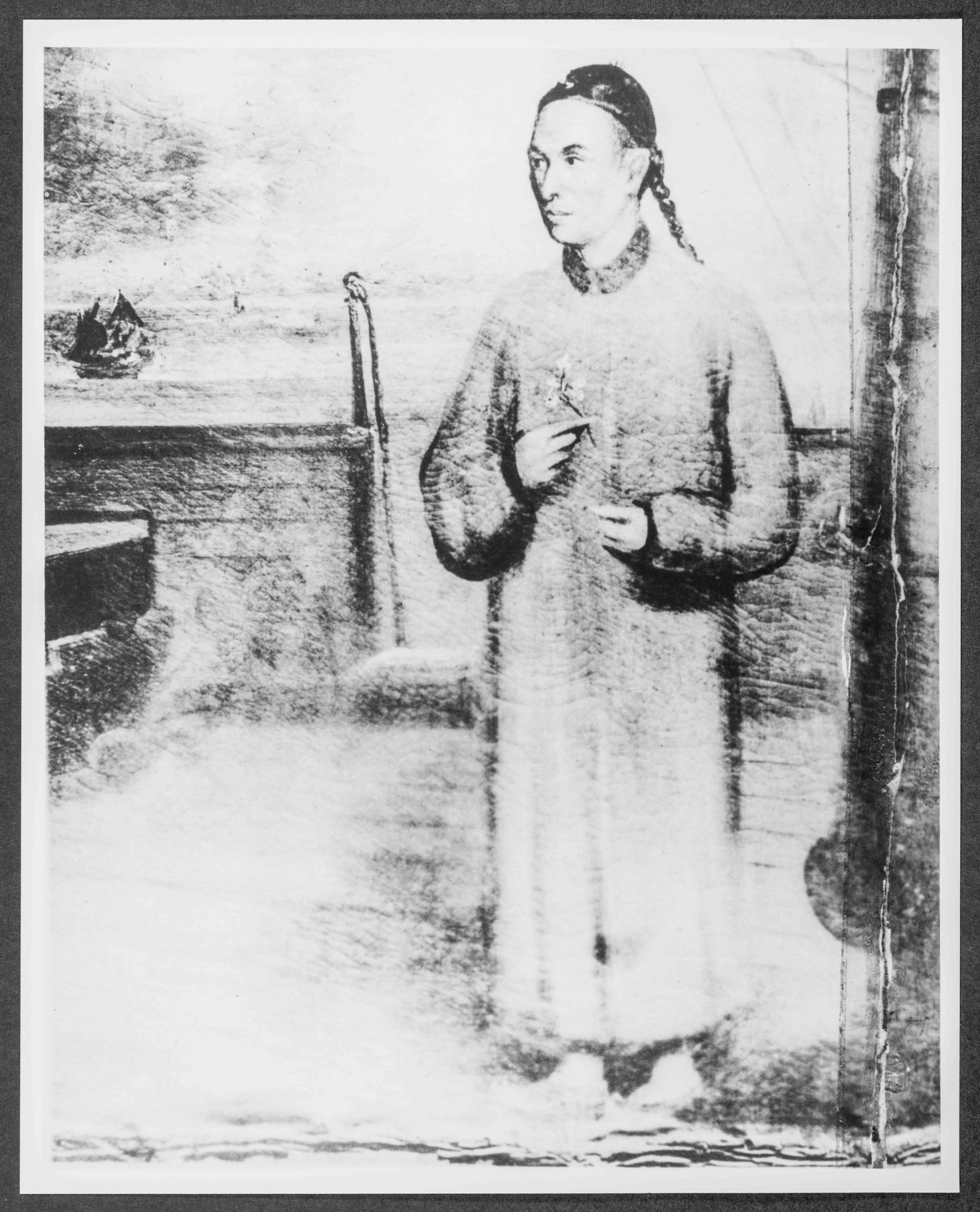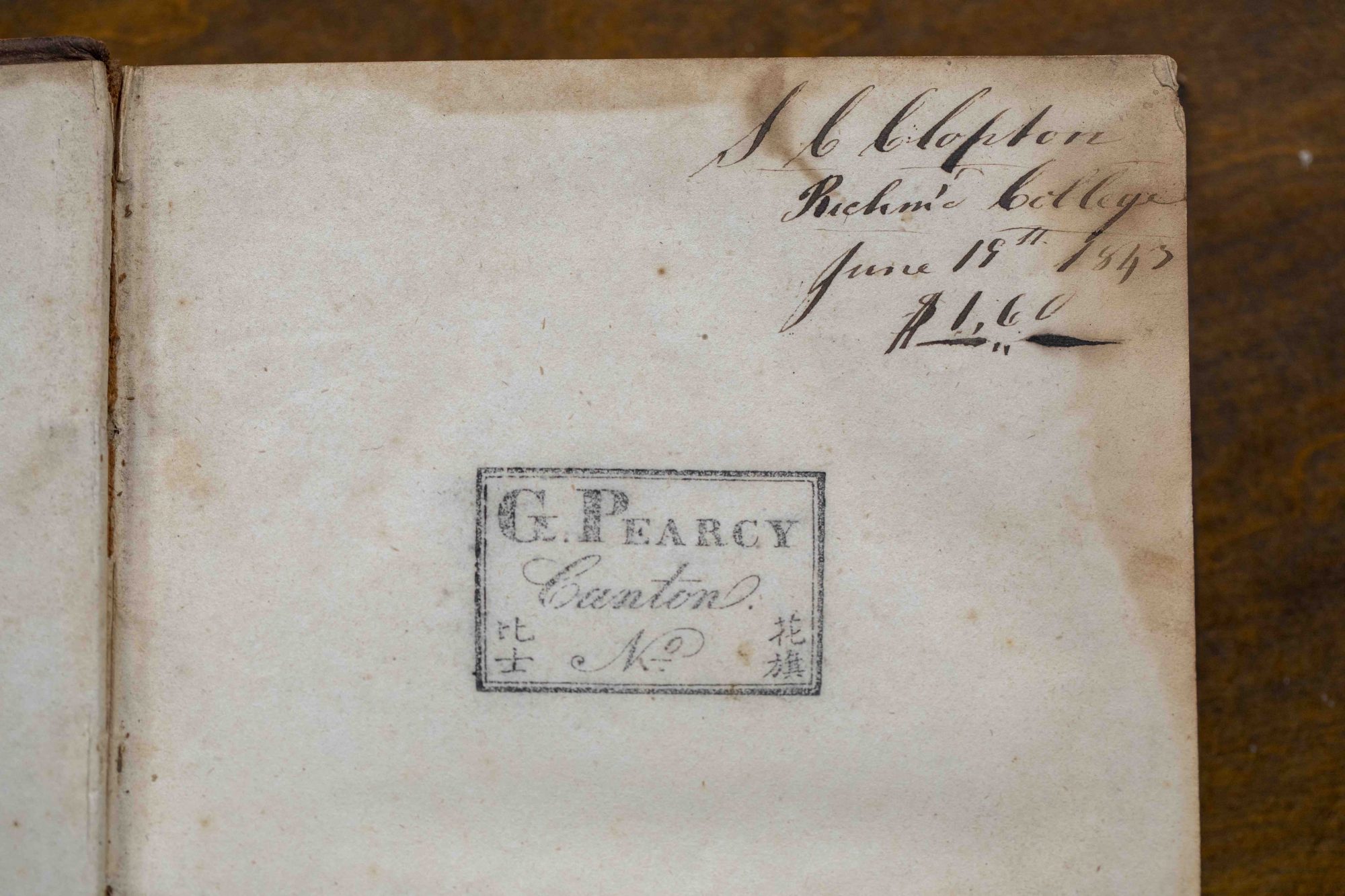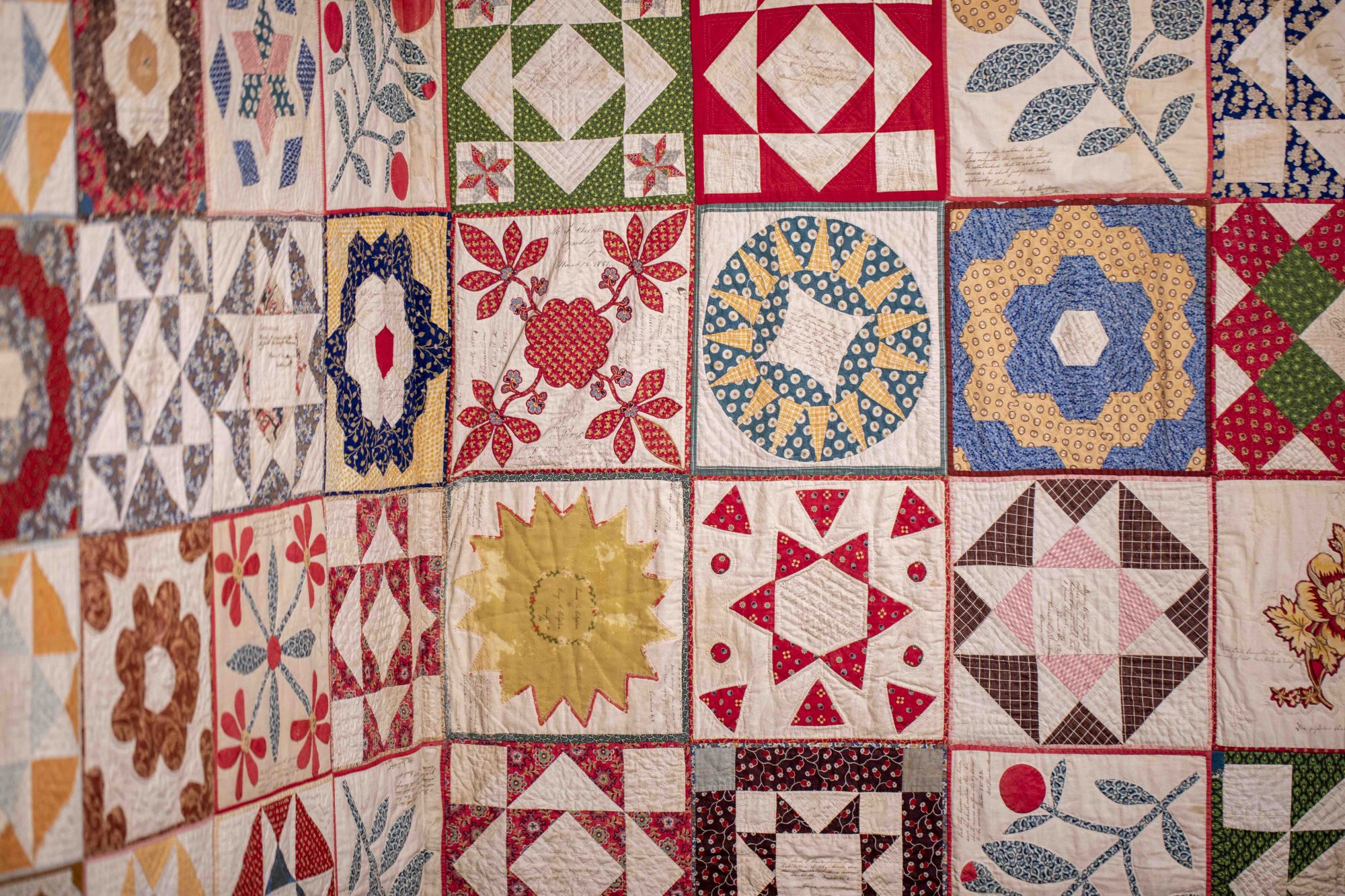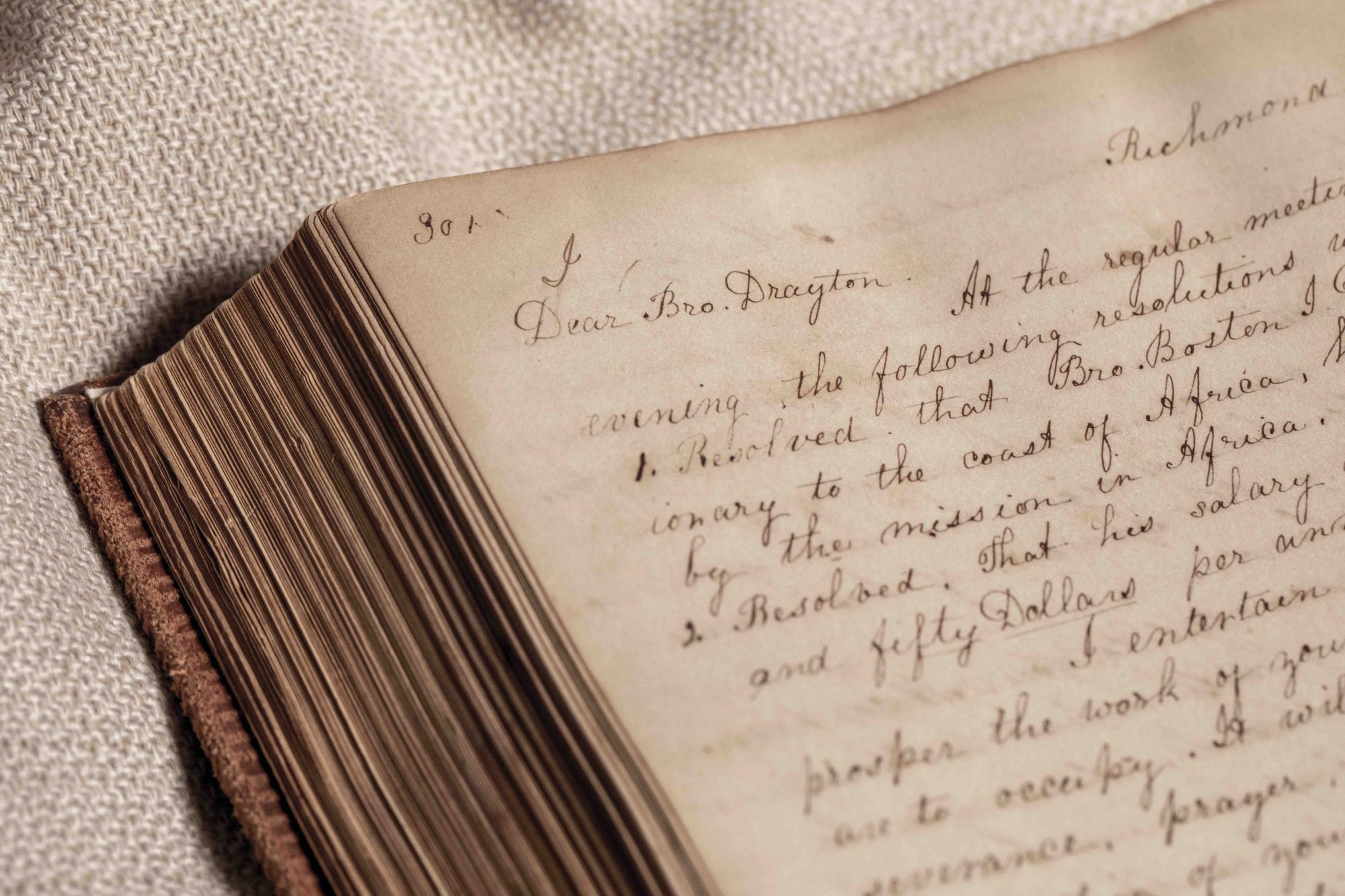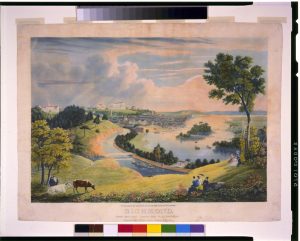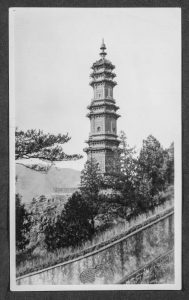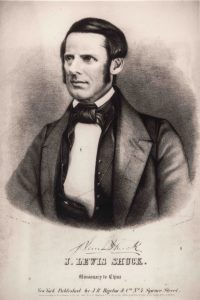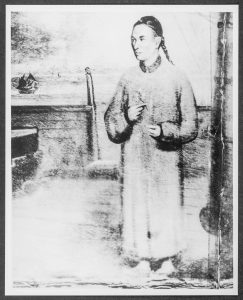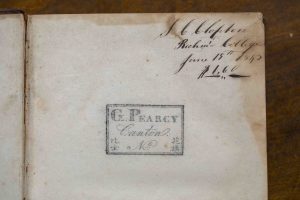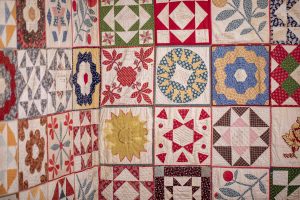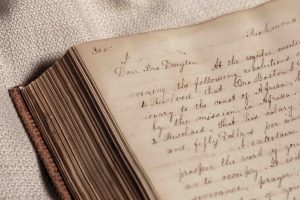1840s
In 1845 the Foreign Mission Board was formed so Southern Baptists could take the gospel to foreign lands. Within months, several missionaries were appointed to China and Liberia.
Although the Foreign Mission Board formed in 1845, its roots go further back. In the late 1700s, British Baptist William Carey proclaimed that missions is the essence of the Christian faith, and his influence soon spread to America. In 1793 he set sail for India, followed in 1812 by Americans Luther Rice and Adoniram and Ann Judson. These four became heroes of Baptist missions efforts, which continued to formalize over the next few decades.
In 1845 the Foreign Mission Board of the Southern Baptist Convention formed to carry out “one sacred effort in sending forth the word of life to idolatrous lands.” Almost immediately, missionaries were appointed to China and Africa. One little-known aspect of FMB history is that some of the very first missionaries were black Americans — free men and women already living in Liberia who were appointed to serve as Southern Baptist missionaries there.
These early missionaries tackled the same challenges missionaries face today: disease, poverty, isolation and resistance to the message of Christ. Yet their task was clear. At the very first missionary commissioning service, FMB executive leader James B. Taylor issued a challenge that still rings true today: “For this you are distinctly sent forth; you go from this land not to engage in scientific research or pecuniary speculations, not to represent the best form of government, or to exhibit the various stores of human knowledge — but to preach the gospel.”
IMB Milestones
Significant Ministry Events
Redeemed Beginning
In 1845, the Foreign Mission Board’s legacy began in sin and brokenness. Only God’s redeeming love and the reconciling power of the gospel could result in a convention of churches that today is among the most diverse in the world.
Foreign Mission Board Formed
The newly formed Southern Baptist Convention established the Foreign Mission Board as part of the “one sacred effort, for the propagation of the gospel” and placed its headquarters in Richmond, Virginia.
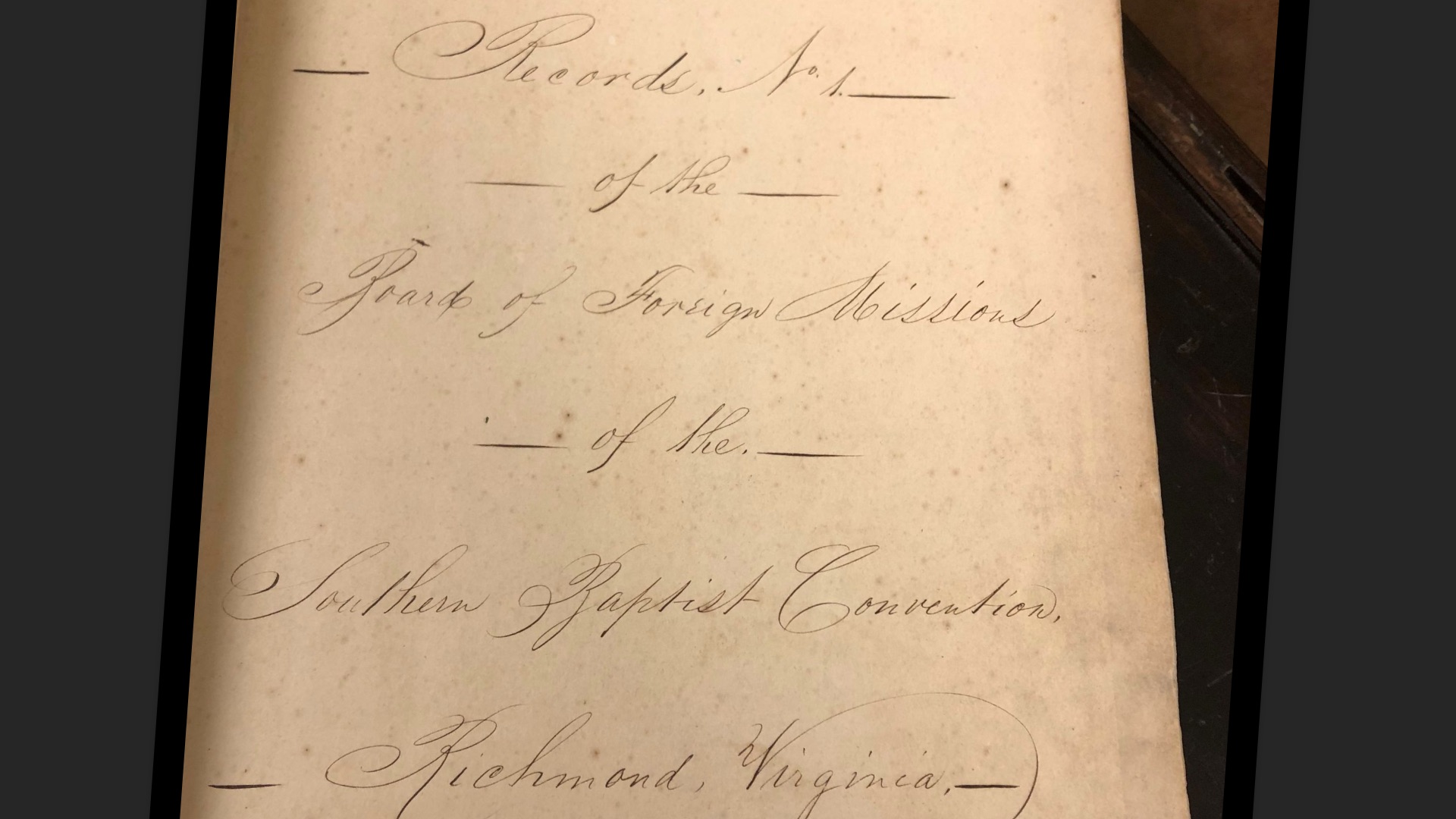
China Opened as First Mission Field
Southern Baptists chose China as their first foreign mission field, and Samuel C. Clopton was appointed as the first missionary. He served in China less than a year before dying from illness.
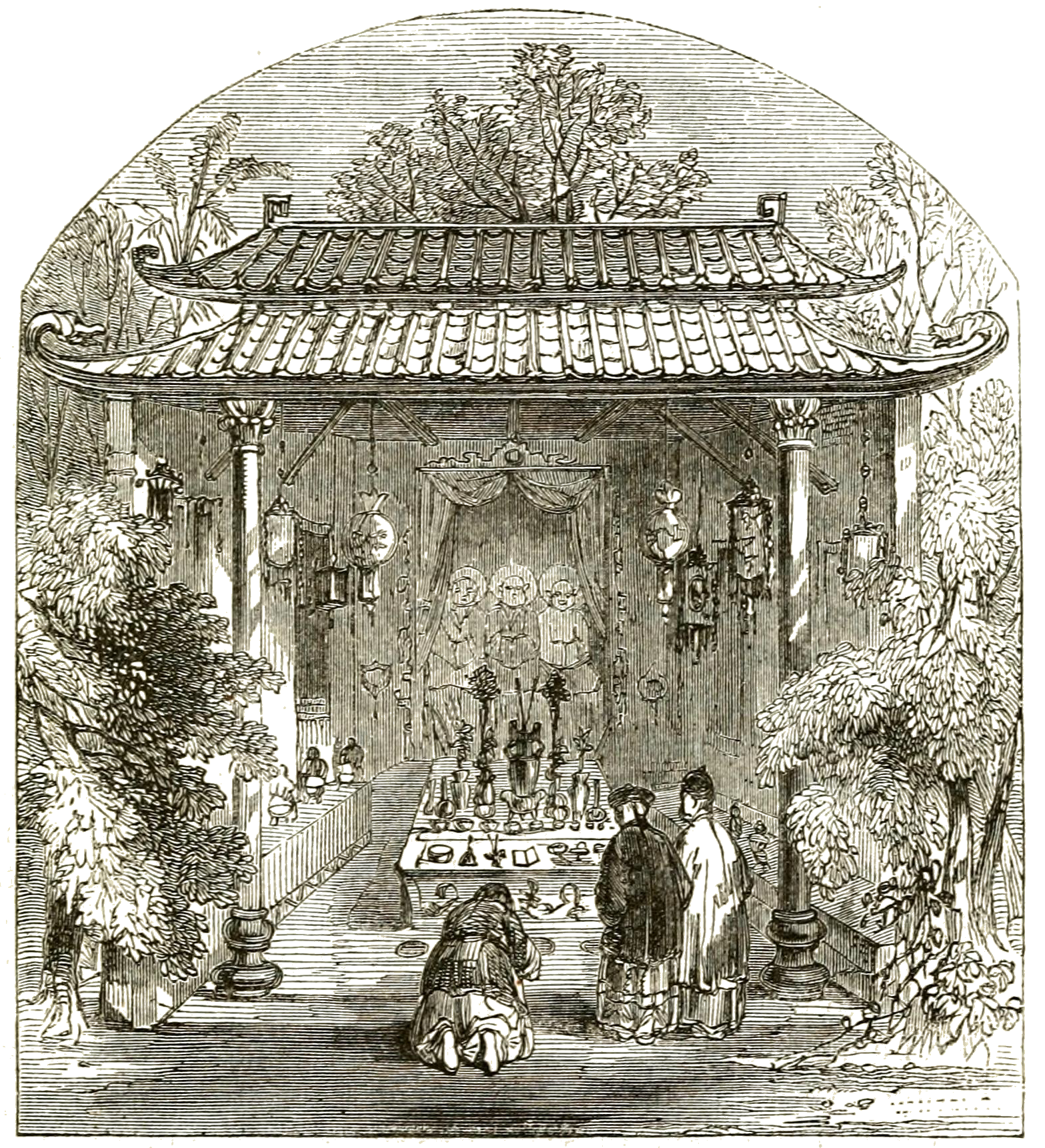
James B. Taylor Appointed Executive Leader
The Foreign Mission Board appointed pastor James B. Taylor as its first leader (officially titled corresponding secretary). He served until days before his death in 1871, guiding the organization through its early growth and the tumultuous Civil War years.
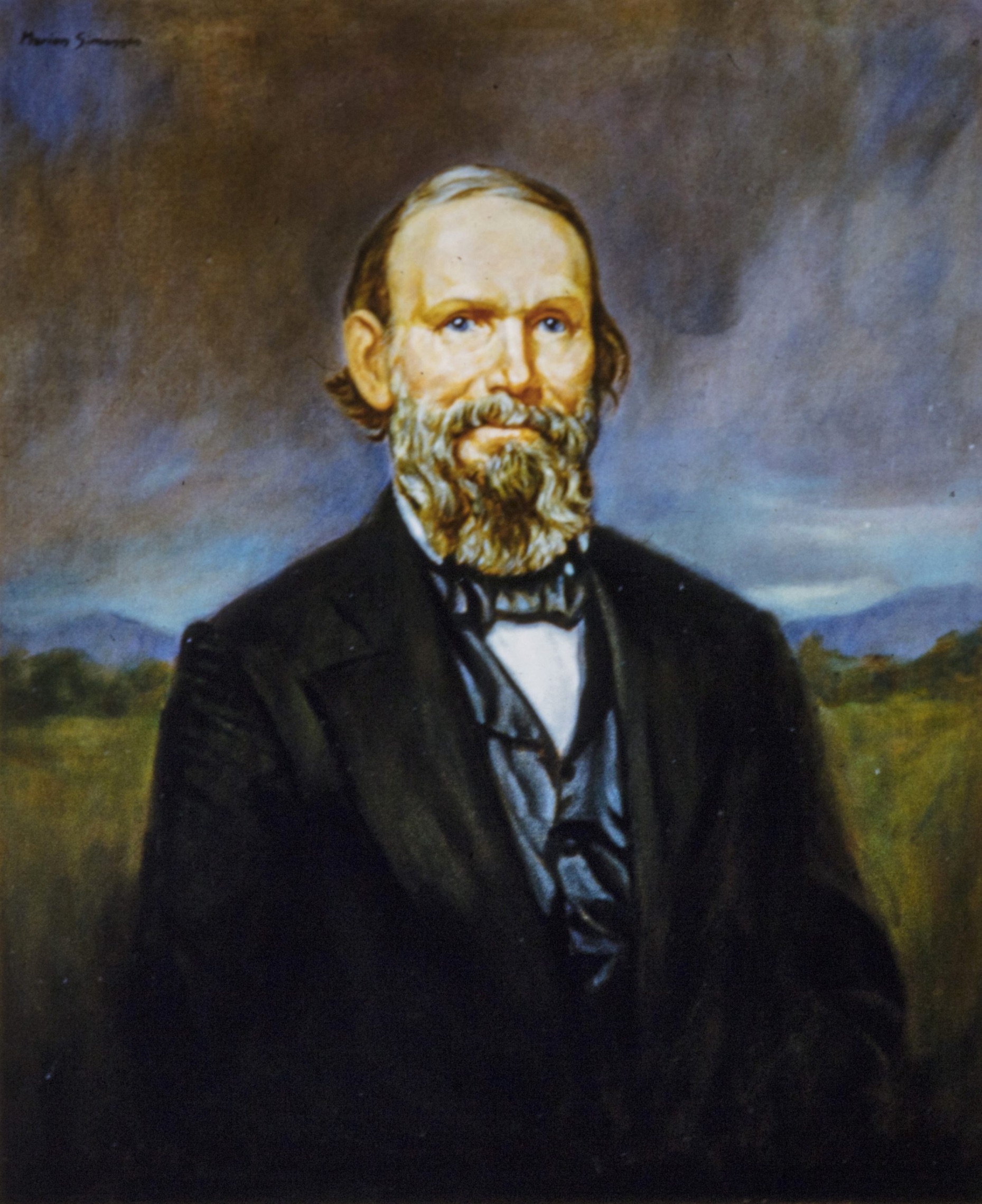
'Missionary Journal' First Published
The first edition of the "Southern Baptist Missionary Journal" was published to share news from the foreign mission field. News continued to be published in print form, primarily through "The Commission" magazine, until 2012, when missions storytelling transitioned to primarily online formats.
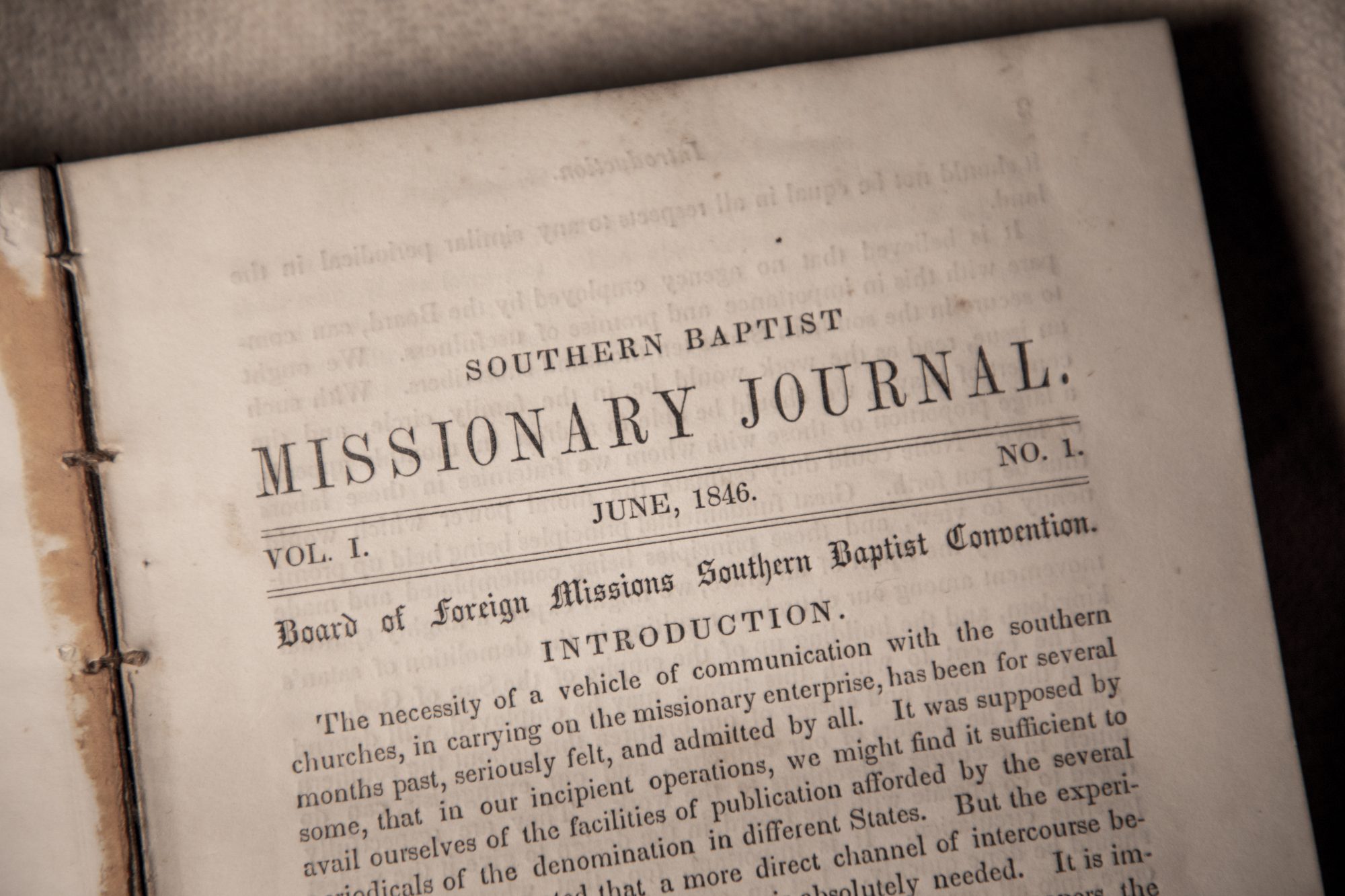
First African American Missionary Appointed
Southern Baptists’ first black missionary, John Day, was appointed to Liberia. He was a free man already living in Liberia who started churches and discipled believers while working within the government to help establish Liberia as a nation.
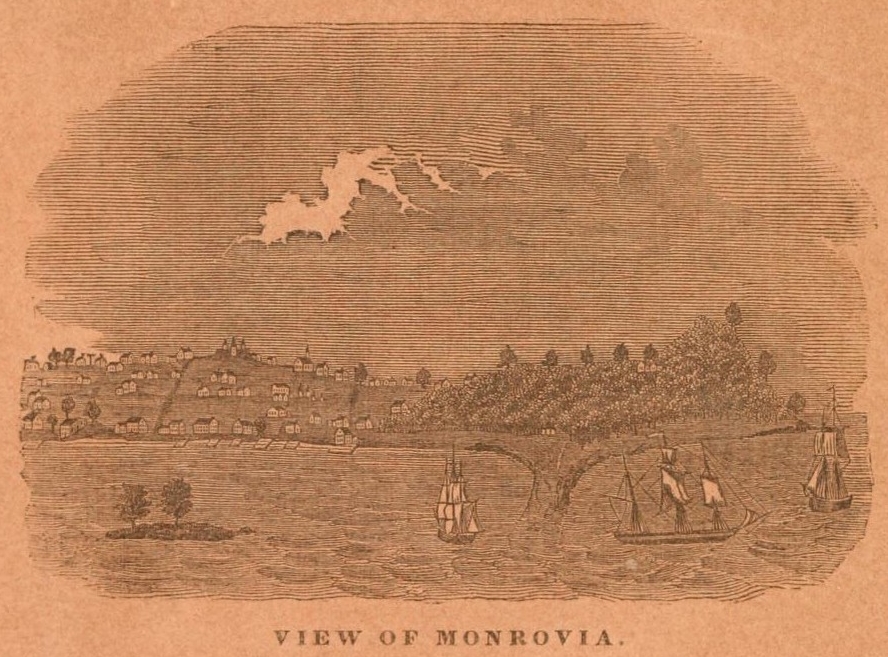
First Single Female Missionary Appointed
The Foreign Mission Board’s first single female missionary, Harriet A. Baker, was appointed to China. Her term was tumultuous, and she returned to the U.S. within a few years. For the next two decades, the FMB asserted single women were not fit to serve overseas.
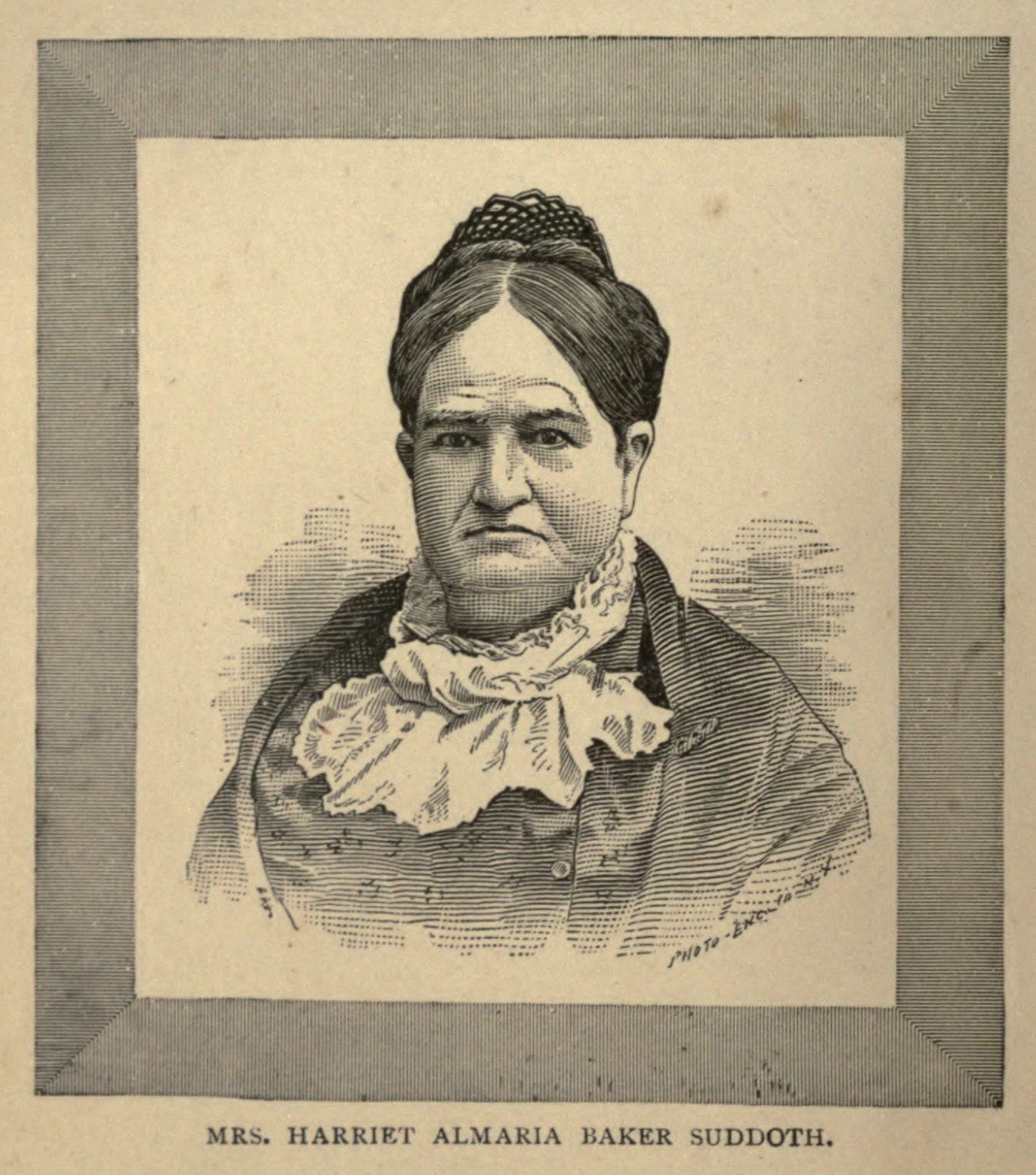
Missions in Context
Major World Events
Wagon Trains Head West during Great Emigration
Protestant missionaries Marcus and Narcissa Whitman joined a wagon train of around 1,000 people who traversed the western States on the Oregon Trail. Their journey became known as the Great Emigration of 1843. During this time of westward expansion, the Whitmans and others went west to share the gospel with the Native Americans living in that area.
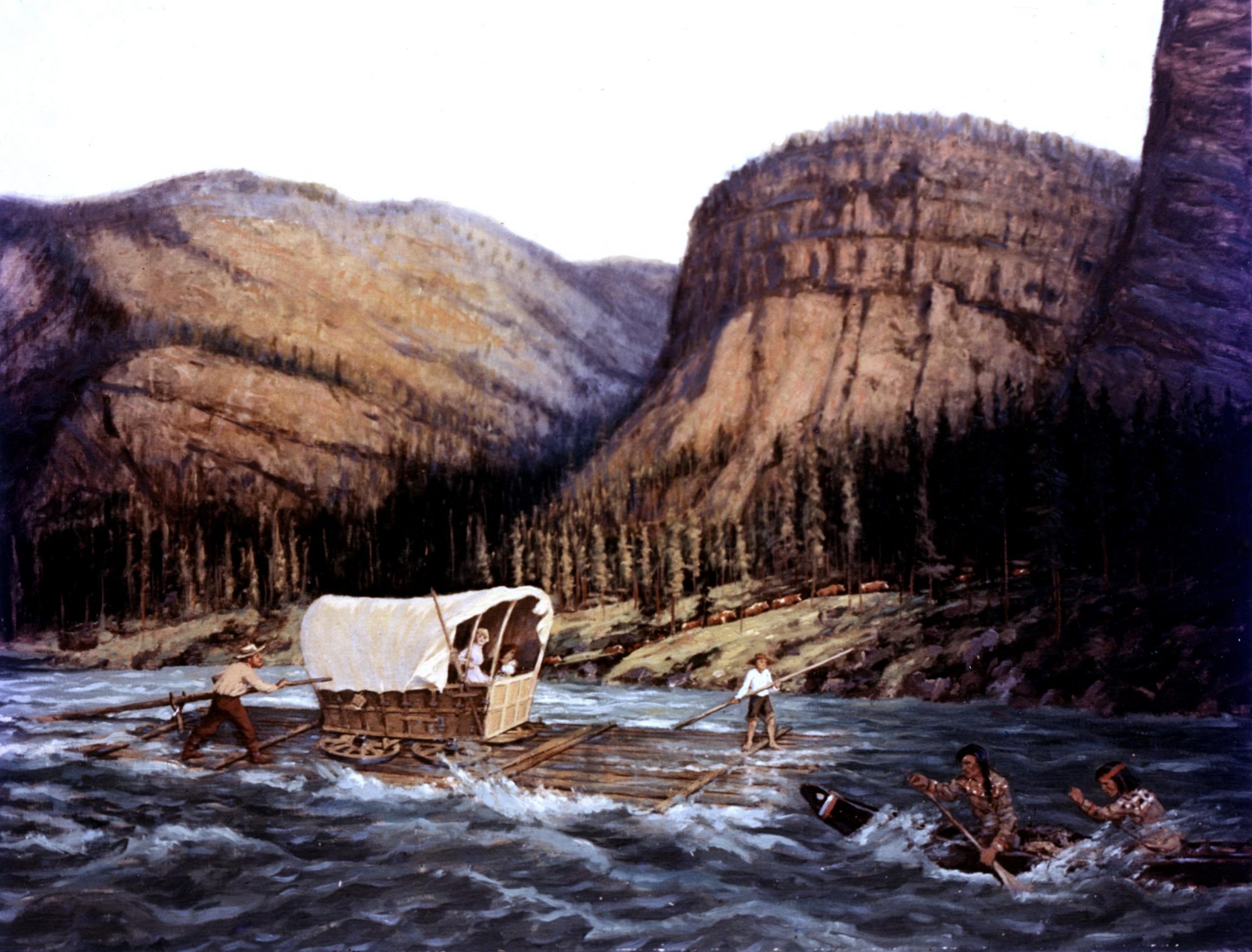
Treaty of Wangxia Negotiated with Qing Dynasty
A treaty between the United States and the Qing Dynasty of China was negotiated by Caleb Cushing and translated into Chinese by American Protestant missionary Peter Parker. Following the First Opium War, the treaty gave the U.S. access to five key ports, including Guangzhou and Shanghai. It also protected missionary interests and gave foreigners the right to learn Chinese, which was previously forbidden.
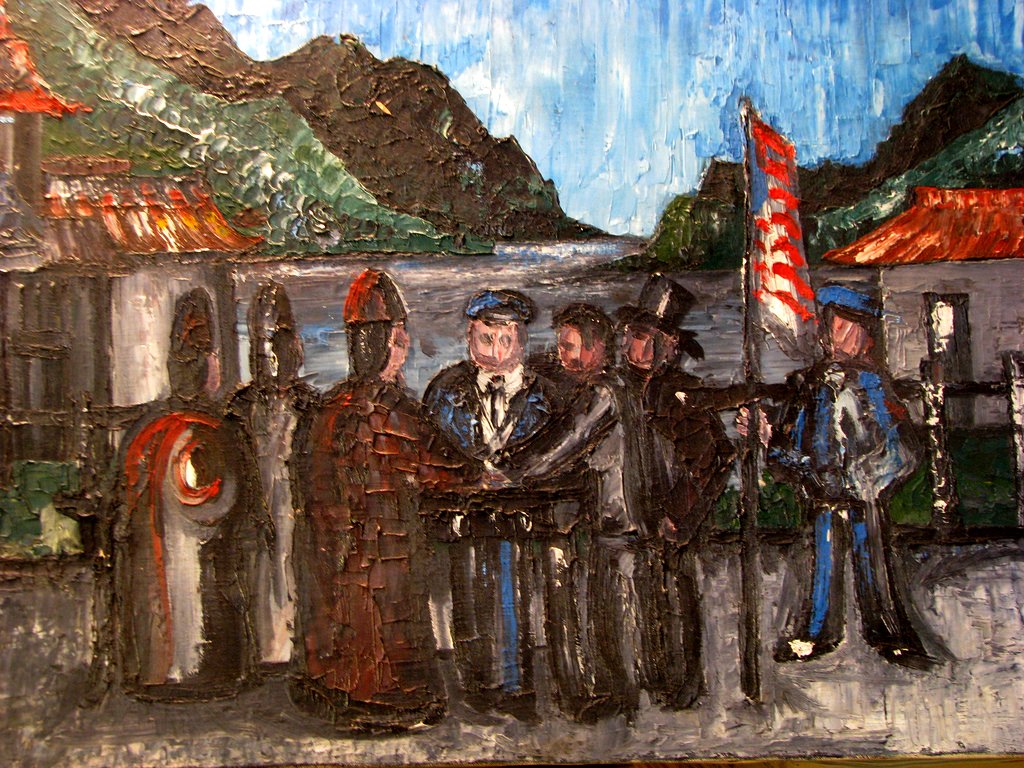
Morse Sent First Telegraph Message
Samuel Morse sent the first telegraph message. Alfred Vail in Baltimore, Maryland, received Morse’s message from Washington, D.C. The first transatlantic telegraph line was laid in 1866, and the Foreign Mission Board was wiring funds overseas by 1889.
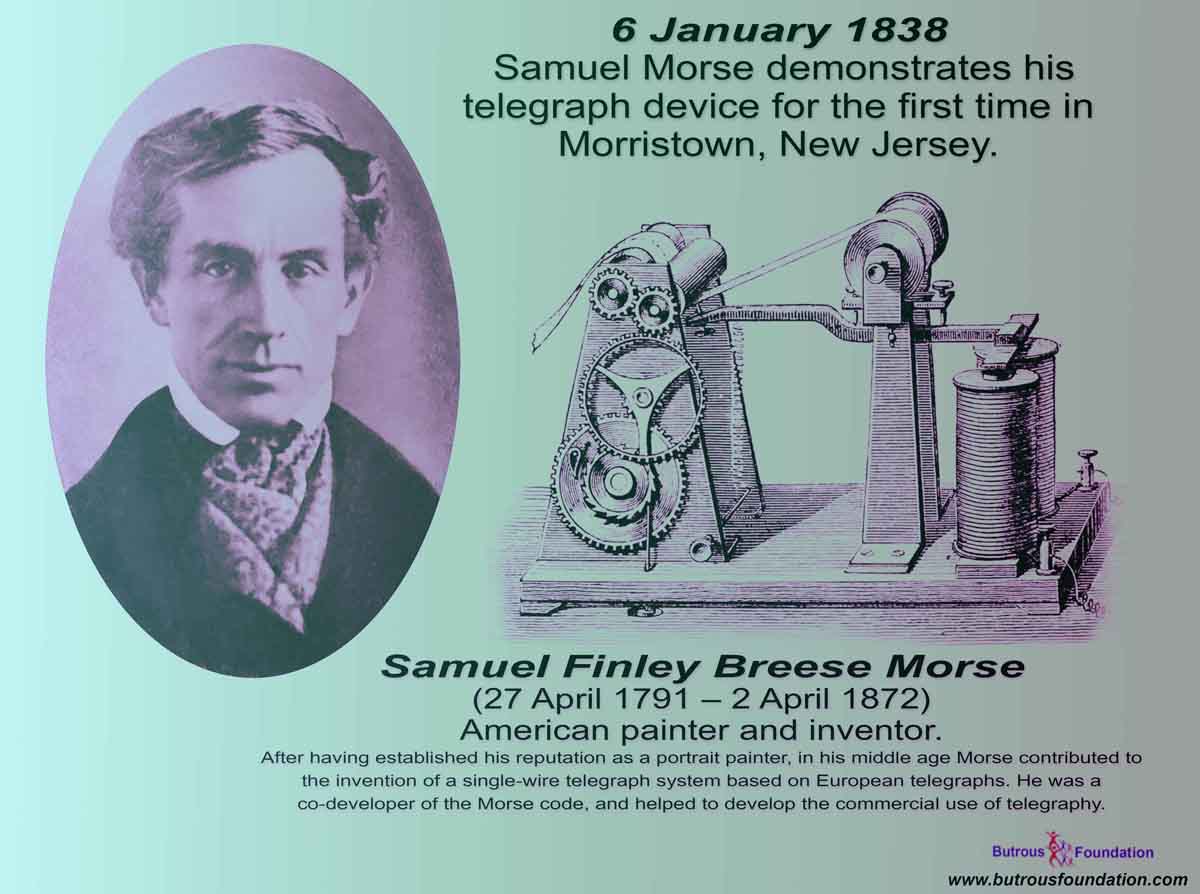
Liberia Declared
Independence
In the 1820s and '30s, the American Colonization Society (ACS) established Liberia as a place for resettling free blacks and former slaves. Hilary Teague, son of a former slave who had become a Baptist missionary during the founding of the colony, drafted the Liberian Declaration of Independence. One of the goals of the declaration was to bring Christianity to the indigenous people of the area. Liberia was one of the Foreign Mission Board’s first mission fields.
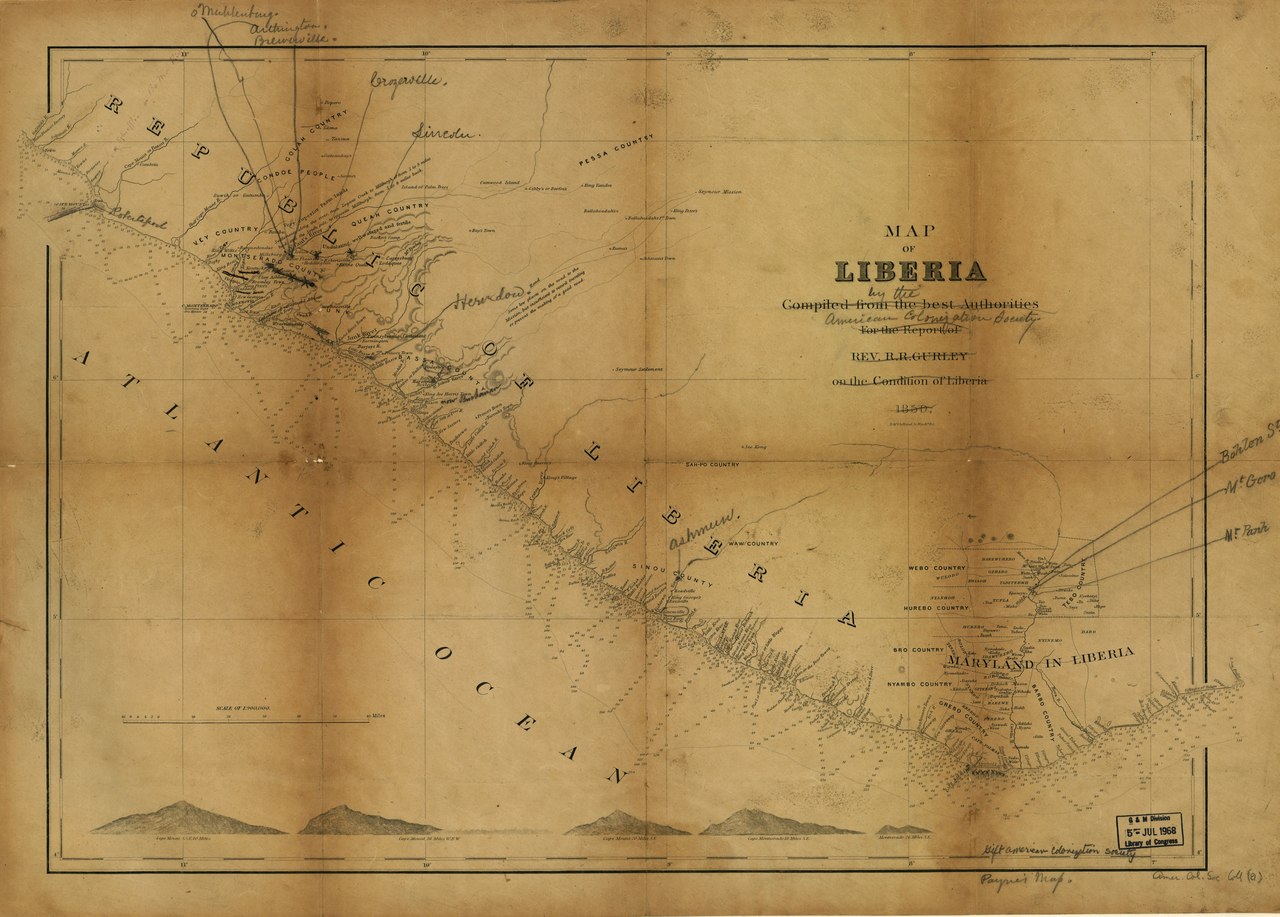
Marx and Engels Published 'The Communist Manifesto'
Karl Marx and Friedrich Engels published a pamphlet that came to be known as "The Communist Manifesto," which became one of the most influential political publications of all time, leading many nations to eventually adopt communism. In the 20th century, FMB missionaries had to leave countries like China and Vietnam due to Communist takeovers, and they could not live in most Eastern Bloc nations until after the Soviet Union fell in 1991.
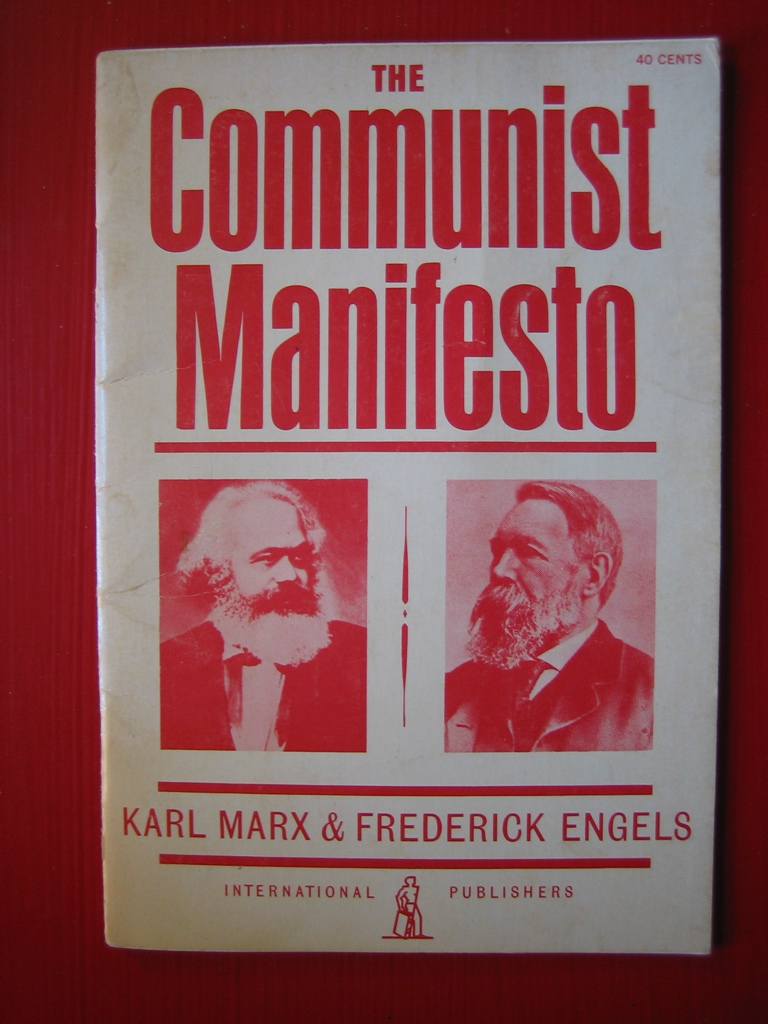
Missionary Profiles
Honoring Faithful Service
John Day
When he stepped up to the pulpit on that February Sunday in 1859, he wouldn’t get the chance to preach.
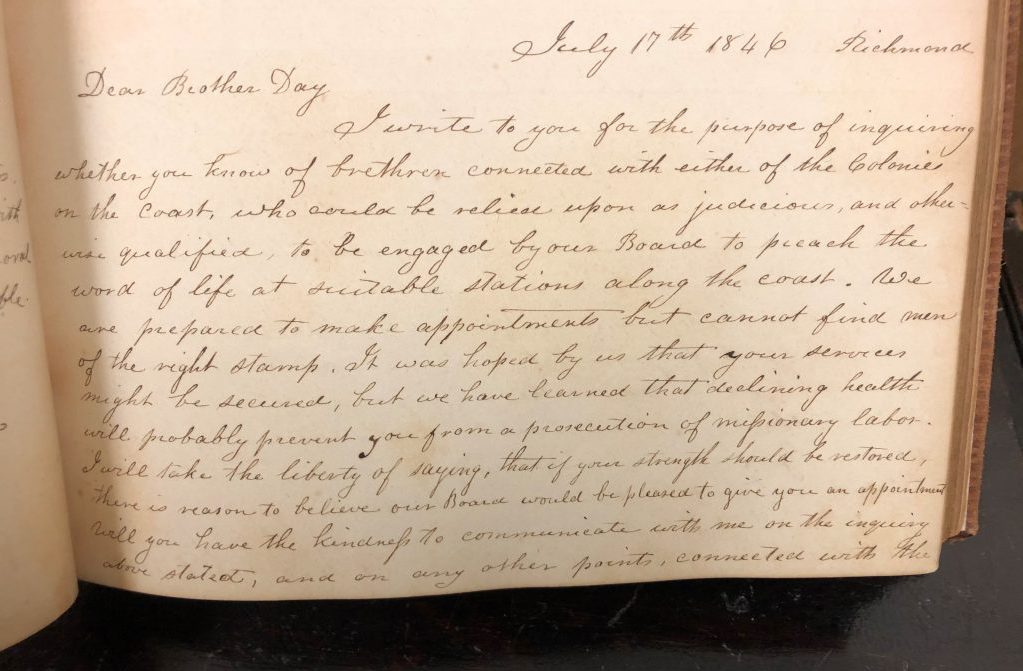
J. Lewis Shuck
He wrote one word on a card from where he sat in the back of the church. That one word changed his life.
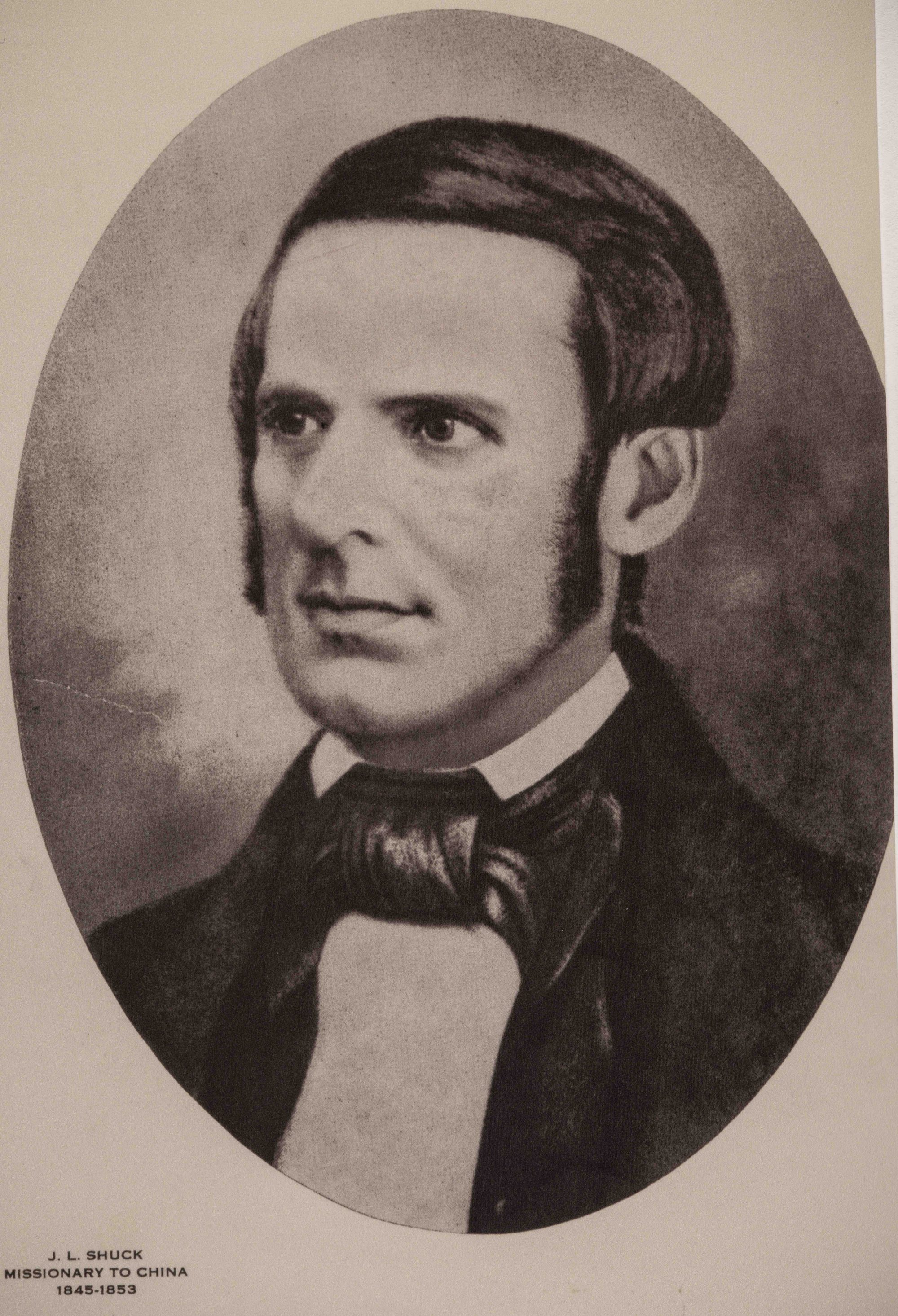
Matthew and Eliza Yates
How does a missionary trapped for months in his house due to war spend his time?
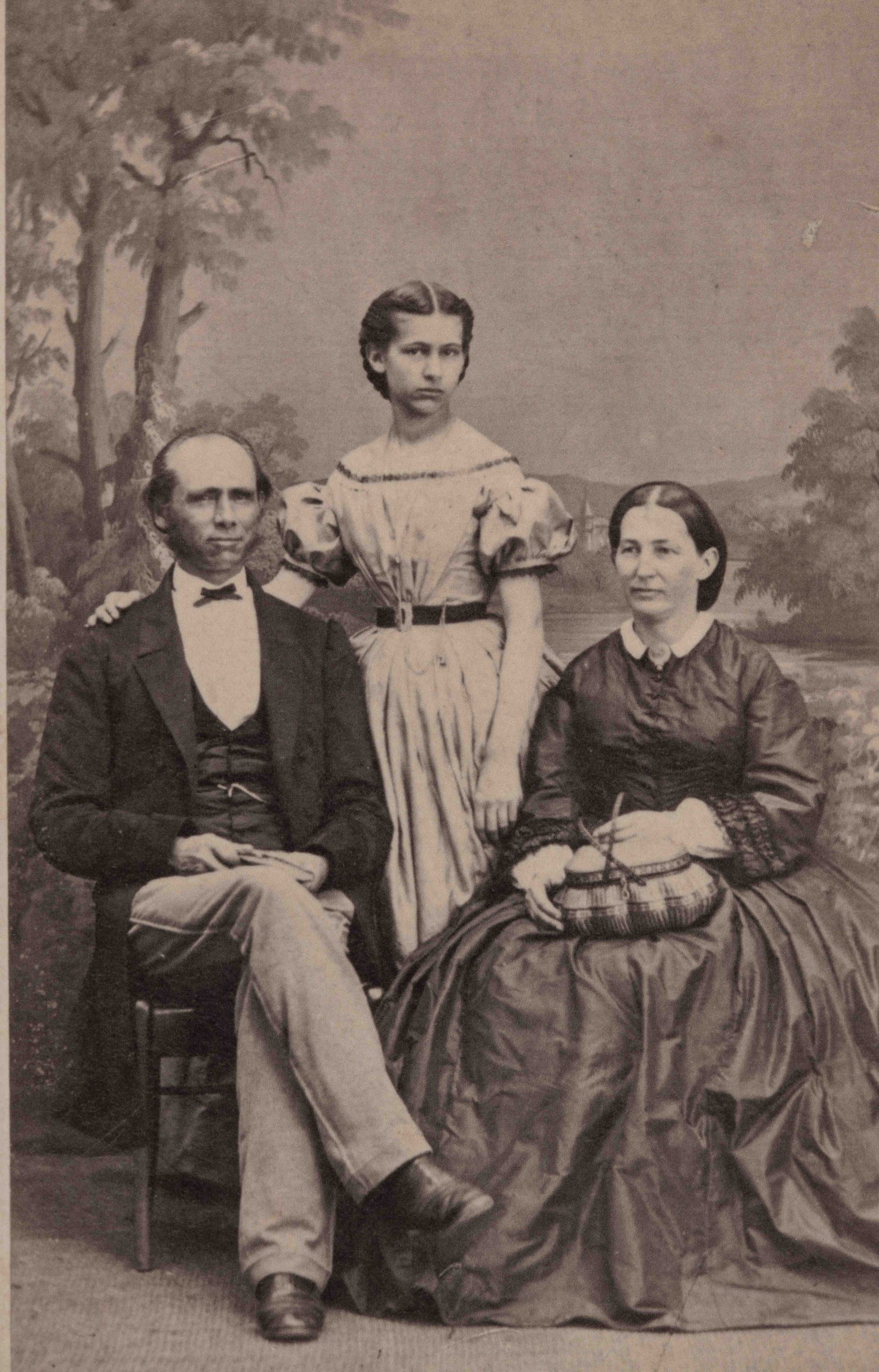
God at Work
Stories From The Field
First Southern Baptist Missionaries Commissioned
"We had assembled to commemorate a new era in the history of missions. God, in his wise providence, having called Southern Baptists to occupy the vast empire of China as the inviting field of which to bestow their labors, we were about sending from our midst those who were to sow the seed of eternal life." ...
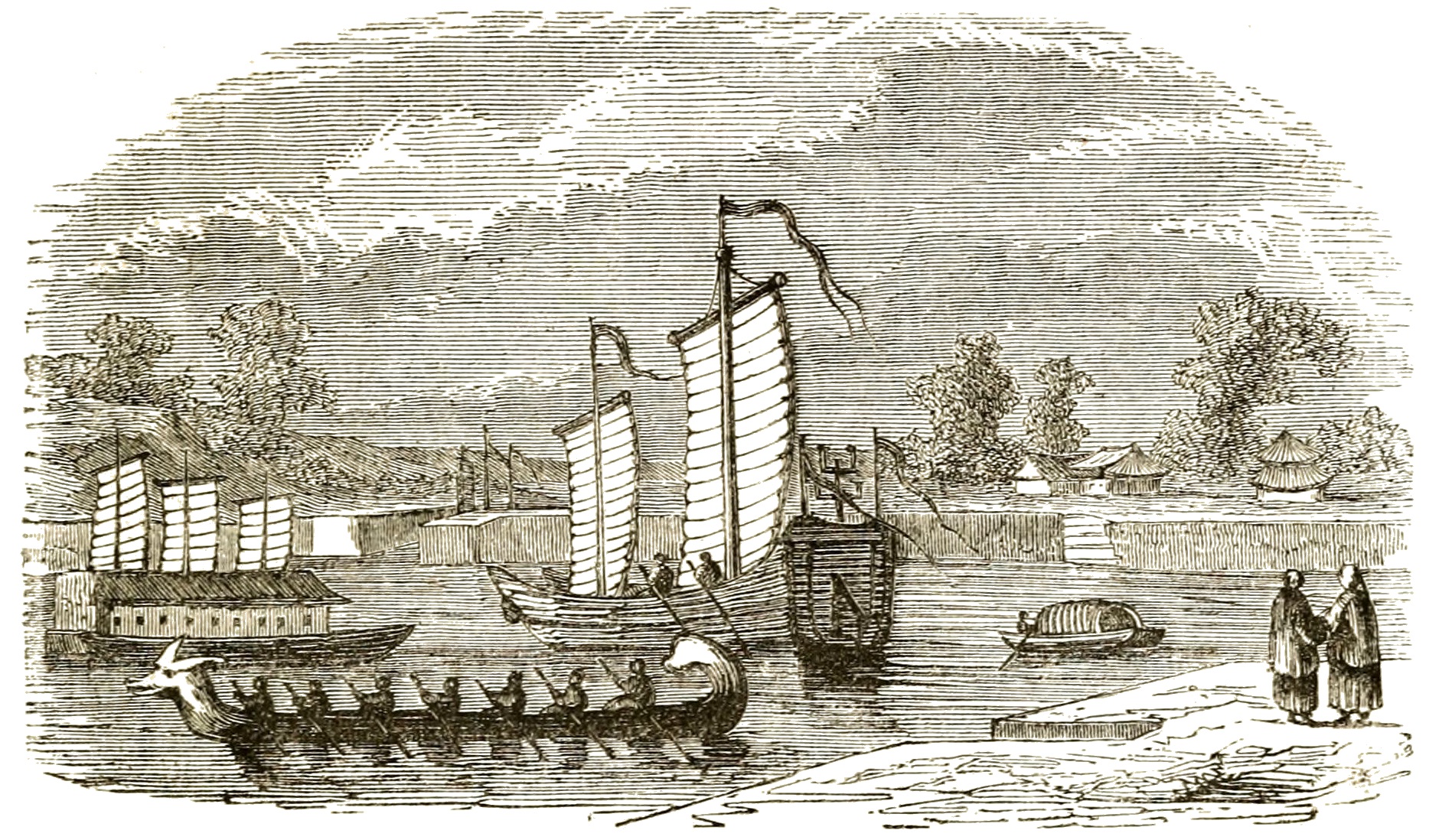
Reverend John Day
African American John Day considered Liberia an opening wedge into the whole African continent.


